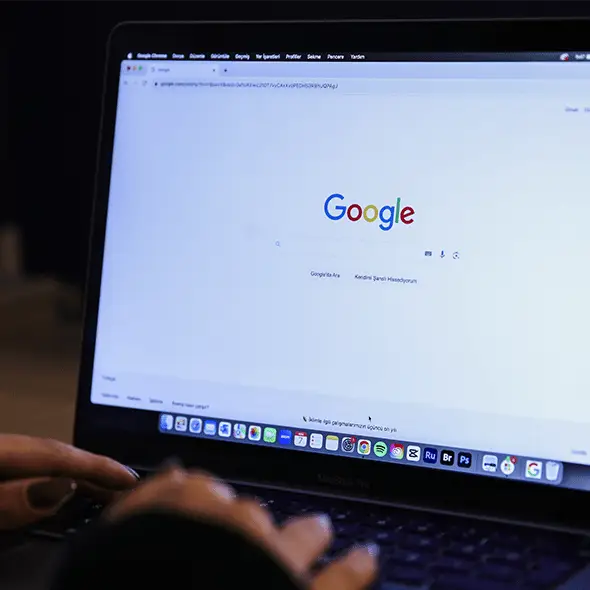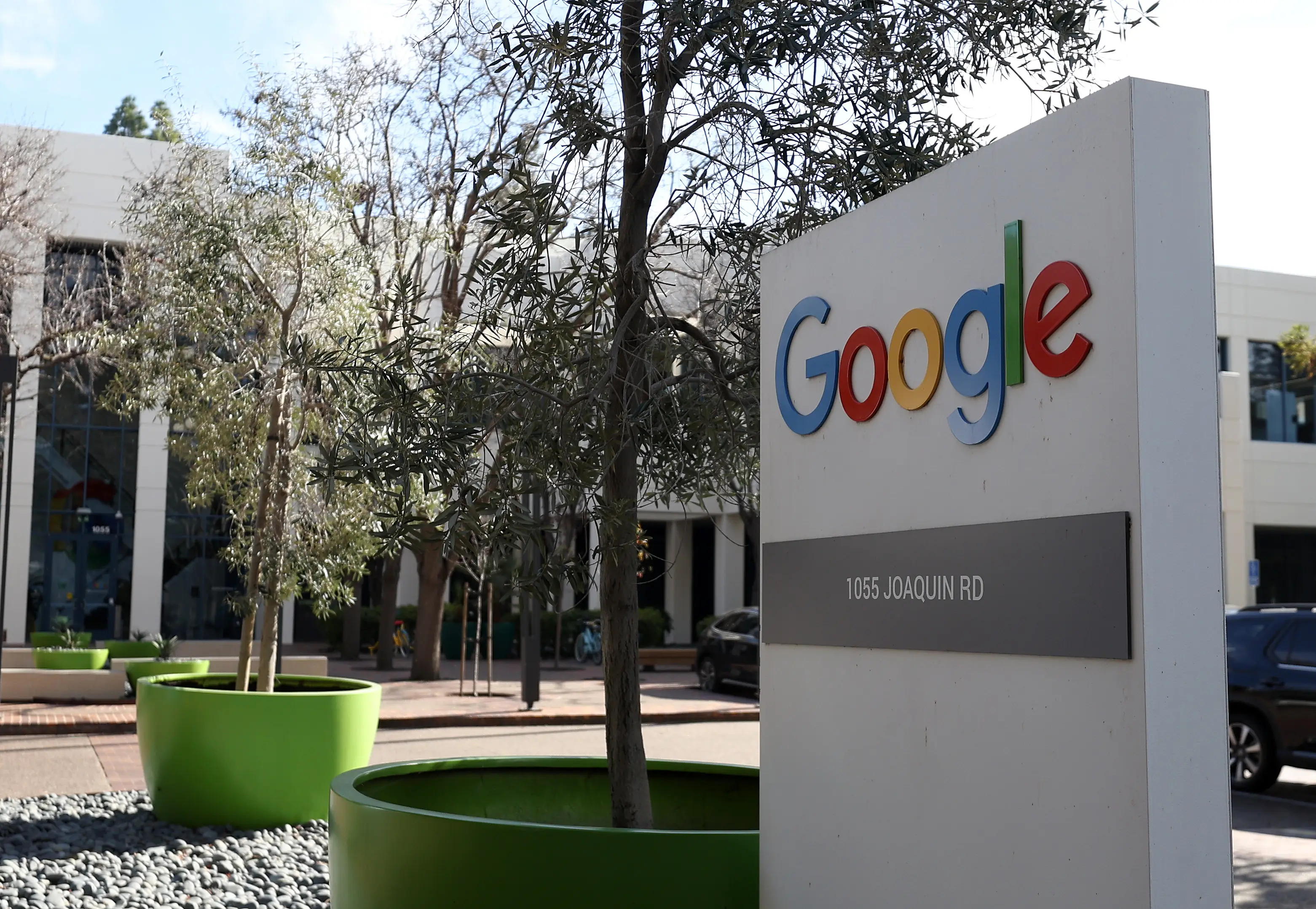
Nowadays, we're extremely familiar with the internet - but back in its early days, it was a bit more of a Wild West situation online.
Emails and simple web searches were reliable from a pretty early stage, but you might now know that there were simple typos and web addresses that could break your entire computer if you were unlucky enough to visit one by accident.
It hinges on the idea of 'typosquatting', which was a way that some people thought they could make some money out of successful websites.
Effectively, you'd buy the rights to a domain that was really close to one owned by a big company, knowing that a certain percentage of people would mistakenly type your domain instead of the one they meant to.
While this could make for some traffic to your site, the real aim was for the main website to realize what was happening and offer to buy the domain from you, so that they could use it to redirect people to the correct page.
Advert
Plenty of companies have indeed been shown to have spent a good chunk of money on domains like this, to make sure people don't land in the wrong place, but sometimes these 'typosquatted' domains would be more sinister.
One of the most famous ever was called 'Goggle', a deliberate mis-spelling of Google, which was fast becoming one of the most-visited websites anywhere on the internet.
In 2006, in fact, if you accidentally visited Goggle.com instead of Google.com, your entire computer could be at risk - the website became riddled with malware and viruses, and was a really nasty place.

It installed SpySheriff on your computer, an old malware programme that had the unique and pretty devious idea to disguise itself as an antivirus to make you think it was trustworthy.
Eventually, Goggle.com started to redirect to Google.com - whether that means that Google did manage to buy the domain, or if it got its hands on it through some other means, no one's sure.
However, by 2018 it had once again become host to malware, although it would later become a political blog in 2022.
If you visit the domain now, it seems to be completely dead, although that's no guarantee that things will stay that way forever - it's a relic of a riskier time on the web, and has become a topic of real curiosity for online historians.
So, you might not be able to check Goggle out for yourself, but you're probably better off for it.